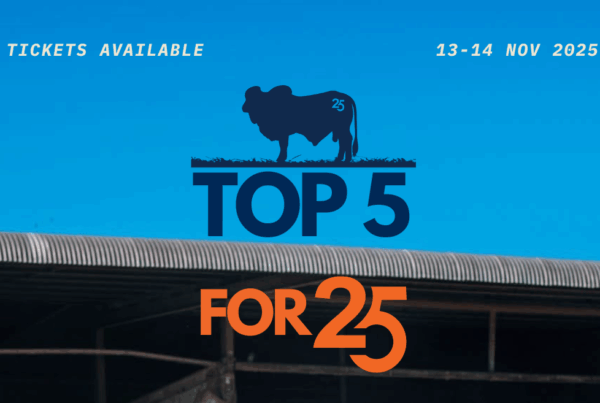Fresh out of school on a station, I found myself avoiding a tough conversation with my line manager. For over a month, I put up with the yelling and pressure that came my way each day. It was wearing me thin, and at times I thought about packing it in and heading home. But growing up in a farming family, I was taught to finish what you start and not to give in without a go. So, I decided to front up. Sitting in the passenger seat of the ute, with rehearsed lines running through my head, I stumbled through my words. That one conversation changed the trajectory of my work life. The only thing I regret is not having it sooner.
Most of us don’t like confrontation. It often feels easier to keep the peace and get on with the job. We tell ourselves it’s not worth the drama, or that things might improve on their own. Sometimes we fear making the situation worse. Other times, we simply lack confidence and don’t know where to begin. And it is not just something I went through early in my career. I see it all the time in my work. An employee will go months without feedback, only to be told in their review that they are not performing. They are left blindsided and frustrated. In other cases, people are told they are doing well, then suddenly shown the door with no warning. The lack of honest feedback makes the shock of losing their job even more damaging. I also see people who avoid giving feedback upward. Rather than raising concerns, they stay silent out of fear of how it will be received. Problems are left to fester, and chances for improvement are missed. Fear of speaking up is everywhere. Younger employees often hesitate to give feedback to their managers. Some don’t want to challenge hierarchy. Others don’t want to look disrespectful. Many have never been asked for their perspective, so they assume it isn’t their place. Good people bottle things up because they don’t feel equipped or safe to say what needs to be said.
So what’s the root cause? From my perspective, there are two. Part of it is a skill gap. Giving feedback or raising concerns is a learned skill. Simon Sinek has pointed out that many young people have grown up communicating more through text and social media than face-to-face. This doesn’t mean they can’t handle tough conversations, but it does mean they may not have had much practice. The other part is culture. If leaders never ask for feedback, they send a message that it isn’t welcome. If the workplace runs on hierarchy and fear, employees will stay silent no matter how skilled they are. The responsibility sits with leaders to normalise feedback by asking for it and showing they can handle it. Simple questions like, “What can I do better?” or “What support do you need from me?” make it clear that feedback is expected both ways. When you combine a lack of skill with a lack of opportunity, silence becomes the norm. And silence is what erodes trust, blindsides people, and lets problems fester. The lesson I learnt on that station has stayed with me. Tough conversations don’t get easier by putting them off, they only get harder. Avoiding them nearly cost me my job and my confidence early in my career. Agriculture is built on teamwork and trust, and both are strengthened when we find the courage to have the conversations that matter.
- Claudia Mitchell is a people and culture consultant of The Capacity Co and board member of Future Farmers Network.

